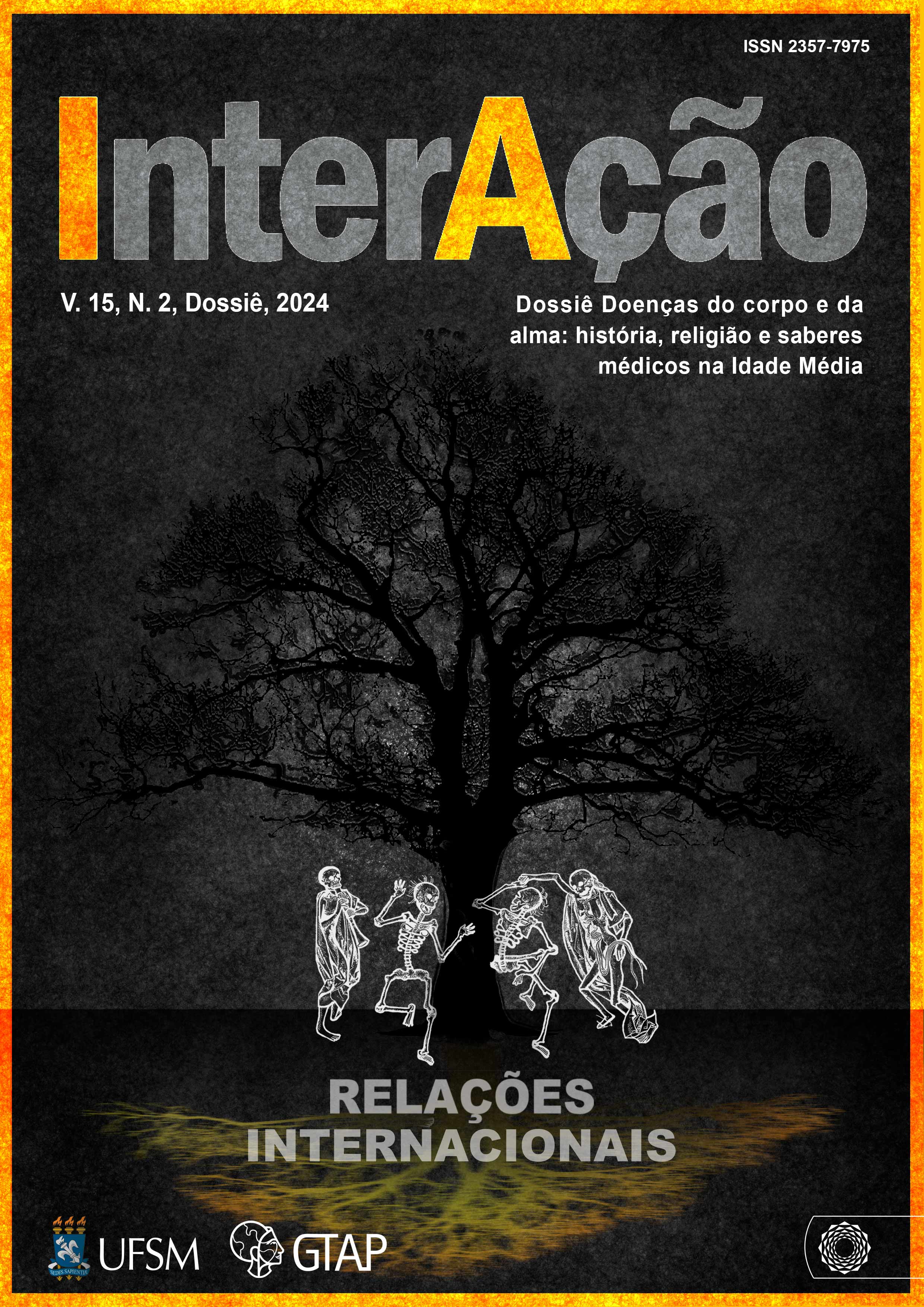Human rights education, language and technology
DOI:
https://doi.org/10.5902/2357797585821Keywords:
Human Rights, Education, Digital Technologies, Language, Verbal violenceAbstract
This article addresses the challenges of human rights education in the context of verbal violence in digital interactions. Its objective is to analyze the complexity of technology and language in virtual environments, proposing educational alternatives focused on empathy and dialogue. The theoretical framework includes Feenberg, who discusses the non-neutrality of technology; Fiorin, who examines the ambiguity of language; and Rorty, who advocates for sentimental education to promote human rights. This qualitative and bibliographic research involves a critical analysis of technology (Feenberg) and language (Fiorin), as well as a human rights education approach that incorporates the affective dimension, based on the ideas of Chust and Rorty. The article explores the tension between the ambivalence of technology and the ambiguity of language, acknowledging the role of emotions and feelings in building a culture of peace and promoting human rights. As a result of the analysis, it is proposed that sentimental education, supported by narratives that evoke empathy, can be an effective response to verbal violence and human rights violations in digital media. It is argued that both language and technology should be used in ways that foster understanding, dialogue, and cooperation, proposing an educational approach that values the affective and emotional dimensions beyond the cognitive, aiming to form citizens committed to human rights.
Downloads
References
BLOOM, B. S. Taxonomy of Educational Objectives. Londres: Longman, 1956.
BORHEIM, G. Filosofia do romantismo. In: GUINSBURG, J. O romantismo. 4. ed. São Paulo: Perspectiva, 2002.
CASTAÑEDA, L.; SELWYN, N. (eds.). Reiniciando la universidad: buscando un modelo de universidad en tiempos digitales. Barcelona: Editorial UOC, 2019.
CHUST, J. V. M. La necesidad de la educación em Derechos Humanos. Barcelona: Editorial UOC, 2007.
COELHO, G. L. S. Humanidades digitais e suas manifestações de memória: construções de sentidos do passado de Campos dos Goytacazes em comunidades do Facebook. Inter-Ação, Goiânia, v. 48, n. 3, p. 588-602, set./dez. 2023. Disponível em: https://revistas.ufg.br/interacao/article/view/77805/40648. Acesso em: 02 jun. 2024. DOI: https://doi.org/10.5216/ia.v48i3.77805
FEENBERG, A. Tecnologia, modernidade e democracia. Lisboa: MIT Portugal, In+ Inovatec, 2015.
FIORIN, J. L. Argumentação. São Paulo: Contexto, 2015.
FREIRE, P. Educação e mudança. 12. ed. Prefácio de Moacyr Gadotti. São Paulo: Paz e Terra, 1979.
FREIRE, P. Pedagogia do oprimido. 11. ed. Prefácio de Ernani Maria Fiori. São Paulo: Paz e Terra, 1982.
GORCZEVSKI, C.; MARTÍN, N. B. Educar para os direitos humanos: considerações, obstáculos, propostas. São Paulo: Atlas, 2015.
GUZMÁN, V. M. El silencio como interpelación, paz y conflito. Dossiers feministes, Universitat Jaume I, Castellón de la Plana (Espanha), n. 3, 1999.
JERÓNIMO, M. B.; MONTEIRO, J. P. Por uma “educação sentimental” persistente. Público, Porto, 4 fev. 2018, Mundo. Disponível em: https://www.publico.pt/2018/02/04/mundo/ensaio/-por-uma-educacao-sentimental-persistente-1801636. Acesso em: 11 mar. 2021.
JONAS, H. Técnica, medicina y ética: la práctica del principio de responsabilidad. Trad. Carlos Fortea Gil. Barcelona: Paidós, 1997.
LÉVY, P. Cibercultura. São Paulo: Editora 34, 1999.
LUIZ, M. C.; MORITO, J. V. Violências verbais nas relações professor-aluno: Conflitos, conflitualidades e o reconhecimento social. Revista Ibero-Americana de Estudos em Educação, Araraquara, v. 17, n. 1, p. 297-313, jan./mar. 2022. DOI: https://doi.org/10.21723/riaee.v17i1.14067 DOI: https://doi.org/10.21723/riaee.v17i1.14067
OATLEY, K. Fiction: Simulation of Social Worlds. Trends in Cognitive Sciences, v. 20, n. 8, p. 618-628, 2016. DOI: https://doi.org/10.1016/j.tics.2016.06.002 DOI: https://doi.org/10.1016/j.tics.2016.06.002
RORTY, R. Derechos humanos, racionalidad y sentimentalismo. In: RORTY, R. Verdad y progreso. Escritos filosóficos 3. Barcelona: Paidós, 2000, p. 229-242.
ROSENDO, D.; LAPA, F. B. Educação e(m) direitos humanos e BNCC: competências socioemocionais e ética ambiental. Rev. Espaço do Currículo (on-line), João Pessoa, v. 11, n. 3, p. 470-483, set./dez., 2018. DOI: https://doi.org/10.22478/ufpb.1983-1579.2018v3n11.40385
ROUSSEAU, J. Emílio ou da educação. São Paulo: Martins Fontes, 2004.
SALDANHA, L. C. D. Do schibboleth ao digital: a palavra nos espaços de indeterminação. UNILETRAS, Ponta Grossa, v. 35, n. 1, jan./jun. 2013. DOI: https://doi.org/10.5212/Uniletras.v.35i1.0008
SALDANHA, L. C. D.; TSCHERNE, M. Linguagem, nova retórica e violência verbal nas redes sociais. Travessias Interativas, v. 7, n. 13, p. 16-26, jan./jun. 2017.
SANTOS; E. C. F. R. dos; EINHARDT, D. I.; ANDRADE, B. K. L. A relação das tecnologias digitais, mídias e sociedades sob o prisma da teoria dos sistemas de Niklas Luhmann. Convergências: estudos em Humanidades Digitais, Goiânia, v. 1, n. 3, p. 359-375, set./dez. 2023. Disponível em: https://periodicos.ifg.edu.br/cehd/article/view/321/687. Acesso em: 30 mai. 2023. DOI: https://doi.org/10.59616/cehd.v1i03.321
Downloads
Published
How to Cite
Issue
Section
License

This work is licensed under a Creative Commons Attribution-NonCommercial-ShareAlike 4.0 International License.







